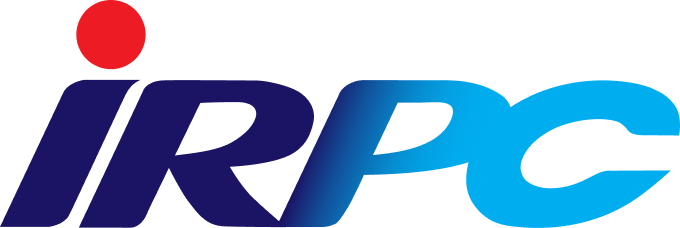The Board must consist of directors who possess the knowledge, skills, and experience aligned with IRPC’s business interests. They are expected to fully fulfill their duties fully in accordance with their responsibilities. To ensure this, IRPC has defined the composition of the Board, its key qualifications, and the tenure of its members as follows:
- The Board consists of 5-15 directors.
- Professional independent directors must constitute at least one-third of the Board or a minimum of three.
- Directors may be up to 70 years of age.
- A director can serve up to three successive terms (nine years).
The qualifications of an independent director comply with the criteria of the Thai Securities and Exchange Commission (SEC), including no involvement in management functions of the Company and subsidiary, no familial or legal relationship with another director, no business relationships, and not serving as an auditor of the company. In addition, IRPC’s criteria are more stringent than SEC regulations, requiring Independent Director to hold no more than 0.5% of all shares with voting rights of the Company, compared to the SEC’s limit of 1%.
For more information on Board structure, please visit [Board of Director]







